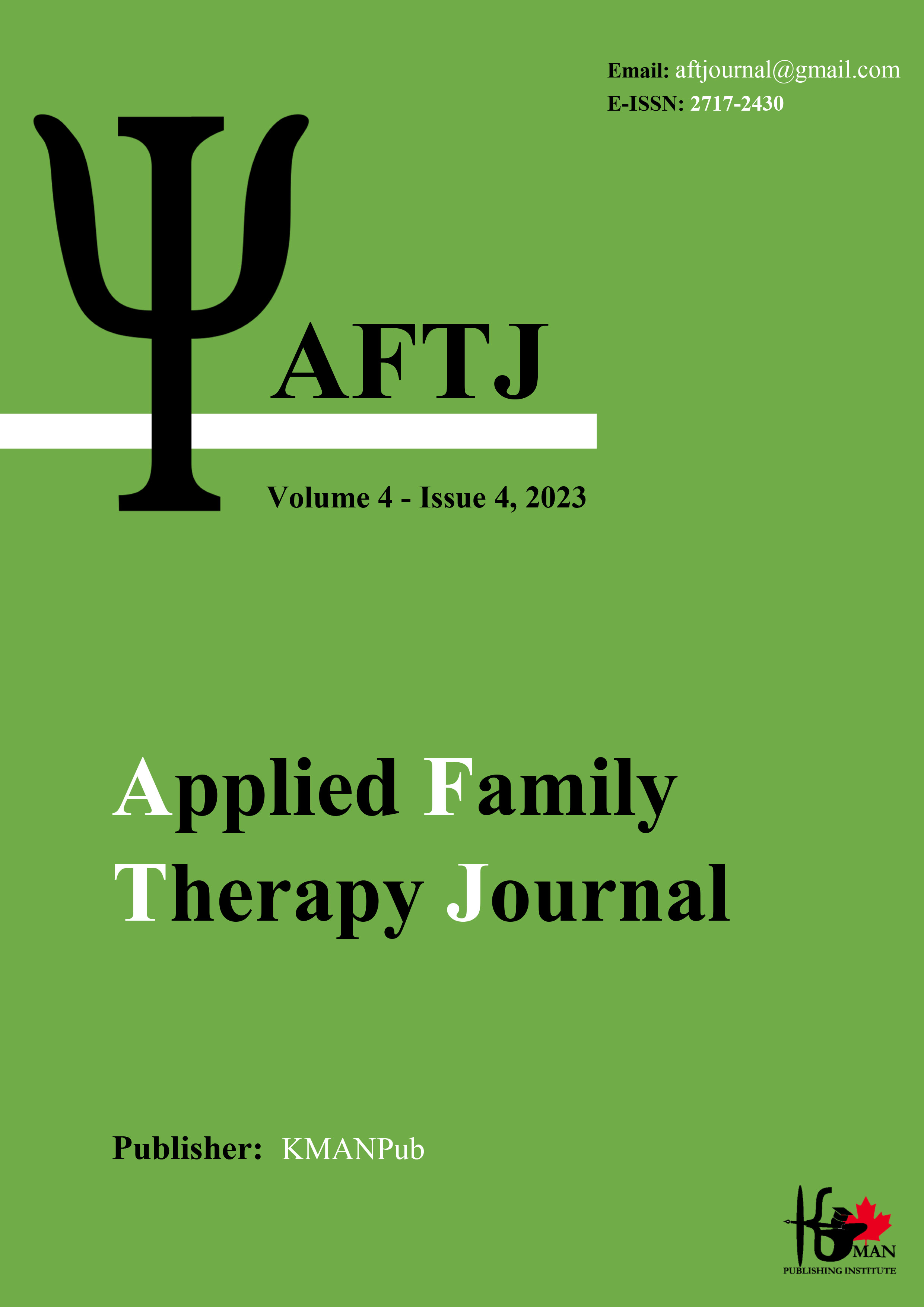Investigating the Role of Virtual Addiction, Emotion and Self-Control in Predicting Attitudes Toward Marital Infidelity in Women with Extramarital Relationships
Keywords:
Virtual Addiction, arousal, self-control, extramarital affairs.Abstract
Aim:Extramarital affairs is one of the most important harms that threaten the cohesion of families in recent years. Identifying factors related to extramarital affairs is important because it can reduce the risk of family breakdown. The aim of this study was to Investigating the Role of Virtual Addiction, Emotion and Self-Control in Predicting Attitudes Toward Marital Infidelity in Women with Extramarital Relationships. Method: The statistical population of the research included women with extramarital relationships who visited 7 counseling centers in Tehran in 1400-1399 and their number was 273. 216 people who met the inclusion criteria answered the research questionnaires using the accessible sampling method. Research tools included Young Internet Addiction Questionnaire (1999), Jeffrey Arendt Excitement Questionnaire (1992), Tangier Self-Control (2004), and Mark Watley (2006) Attitudes Toward Marital Infidelity. Data were analyzed using Pearson correlation and multiple regression. Results: The findings showed that there is a significant negative relationship between self-control and attitudes toward marital infidelity (P <0.01) and addiction to cyberspace, excitement and attitudes toward marital infidelity (P <0.01). The results of multiple regression also showed that addiction to cyberspace, excitement and self-control played a role in predicting attitudes toward marital infidelity and the share of self-control was larger than other predictor variables. Conclusion: Based on the research results, it can be concluded that intervention in cyber addiction, arousal and self-control can reduce attitudes toward marital infidelity.
Downloads
Downloads
Published
Issue
Section
License

This work is licensed under a Creative Commons Attribution-NonCommercial 4.0 International License.





















